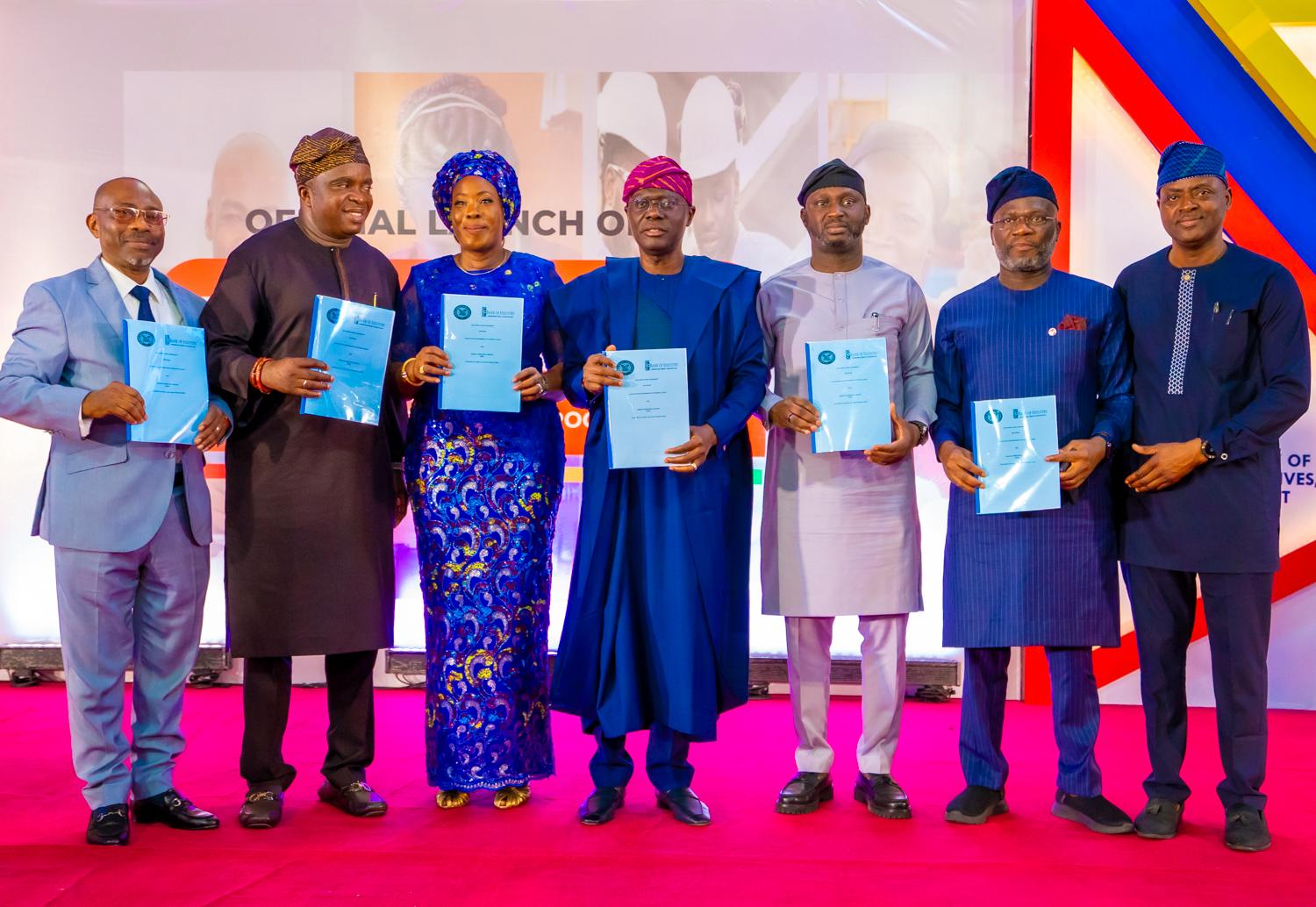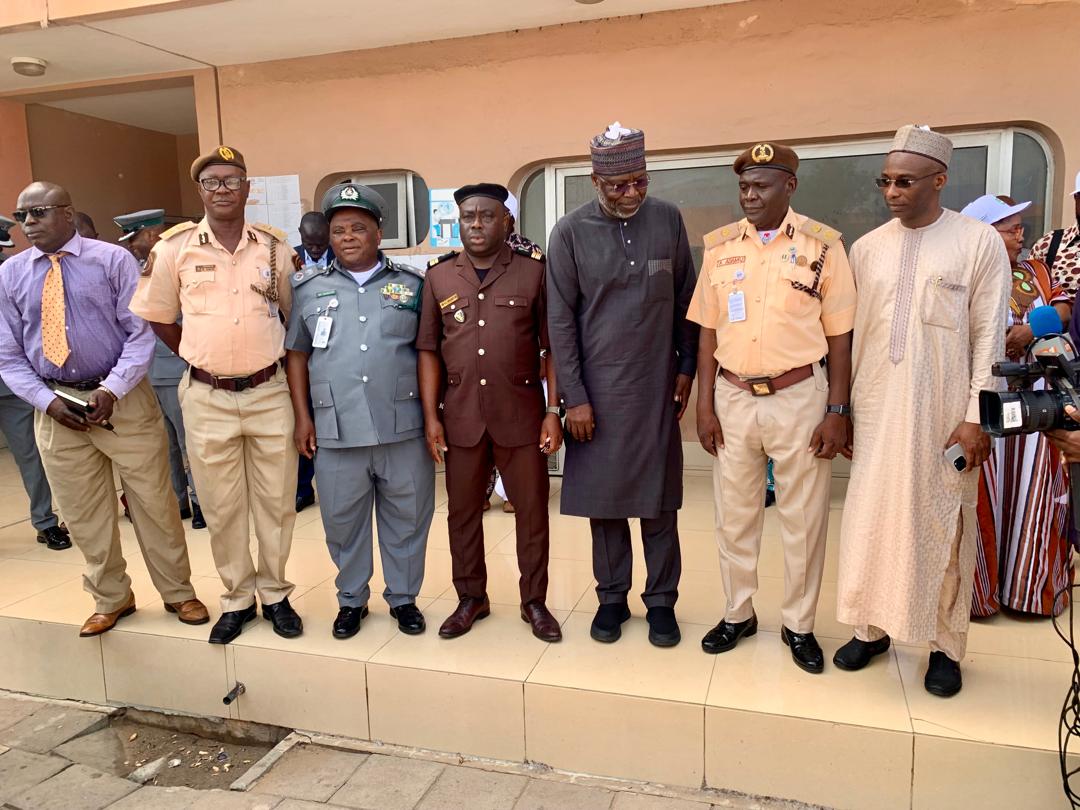Lagos MSME tripartite agreement to spur finance access for entrepreneurs – BoI
By Rukayat Moisemhe and Aderonke Ojediran
The Managing Director, Bank of Industry (BoI), Dr Olasupo Olusi, has described its tripartite agreement with the Lagos State Government and Sterling Bank Plc’s Micro, Small and Medium Enterprises (MSMEs) as a new chapter for entrepreneurs in the state.
Olusi said this at the signing of the Memorandum Of Understanding (MOU) of the Lagos State Access to Finance for SMEs through Cooperatives on Wednesday in Lagos.
He said the development would spur access, opportunity and inclusion for entrepreneurs in Lagos.
The News Agency of Nigeria (NAN) reports that the development comes as a groundbreaking partnership bringing together the public and private sectors in a shared mission to empower entrepreneurs.
Olusi stated that the strategic initiative would enhance the potential of Lagos’ MSMEs by dismantling structural barriers that had long constrained access to opportunity.
Olusi revealed that BoI currently had over N500 billion in investment footprints across Lagos State, which was more than any other state in Nigeria.
This development, he asserted, reflected the bank’s longstanding confidence in the energy, resilience and entrepreneurial spirit of the Lagos people.
“This strategic effort will unlock the creativity, resilience, and potential of Lagos’ MSMEs by dismantling the structural barriers that have long constrained access to opportunity.
“At the Bank of Industry, we believe MSMEs are the engine of economic growth; driving innovation, creating jobs, and expanding opportunities.
“However, we also know that without access to finance, their potential remains limited.
“This is why the Government of President Bola Tinubu is focused on delivering access to financeto the MSME segment of Nigerian enterprises and this programme is designed to change that,” he said.
Olusi said the MSME scheme targeted key sectors central to Lagos State’s development including healthcare, manufacturing, agribusiness, creative industries and the digital economy.
He, however, stressed that beyond the funding, the programme aimed to support the entire working ecosystem built for success.
He stated that the initiative was fully technology-driven, from application to disbursement, ensuring speed, transparency, and real-time impact tracking.
He added that up to 50 per cent of the fund was backed by a bank guarantee, therefore de-risking the lending process and building stakeholder confidence.
Olusi said that access to the funds would be facilitated through certified cooperatives, which will ensure structure, trust, and accountability.
“Finally, there is an accelerator programme, offering MSMEs mentorship, training, and digital tools to help them grow and compete.
“At the heart of it all is accessibility as under this scheme, MSMEs can access up to N10 million at a single-digit interest rate of nine per cent per annum, without collateral.
“This removes one of the biggest obstacles facing small businesses and brings inclusive finance within real reach. It’s an approach backed by experience.
“The N10 billion fund is the first partof a scalable, performance-based agreement and as goals are met, the fund can grow, fostering continuous growth and empowerment,” he said.
The Governor of Lagos State, Mr Babajide Sanwo-Olu, in his remarks, lauded the BoI and Sterling Bank for the partnership.
Sanwo-Olu charged beneficiaries to use the funding to grow their businesses, repay on schedule to engender more access to funding opportunities.
He reiterated the state government’s commitment to creating an environment that supported the growth and development of MSMEs.(NAN)(www.nannews.ng)
Edited by Chinyere Joel-Nwokeoma














